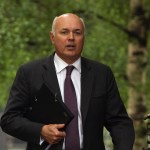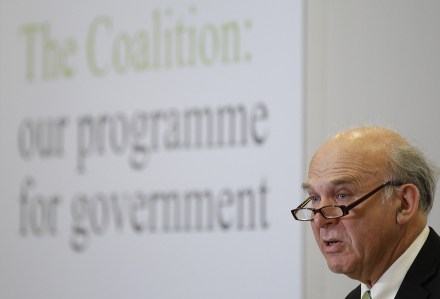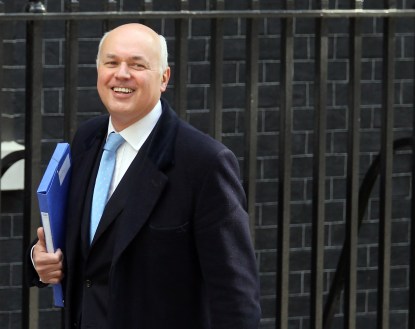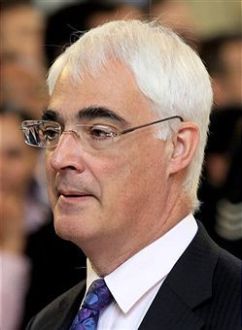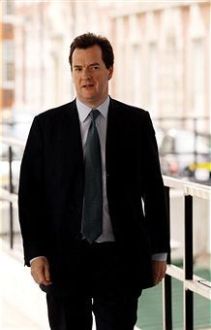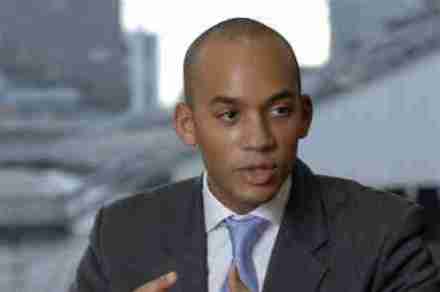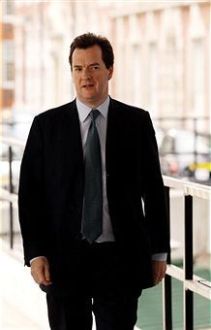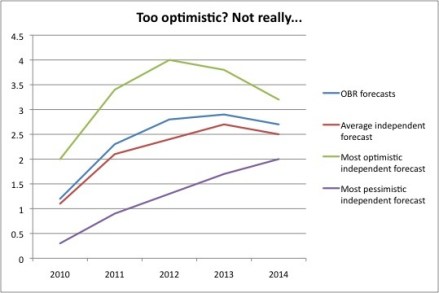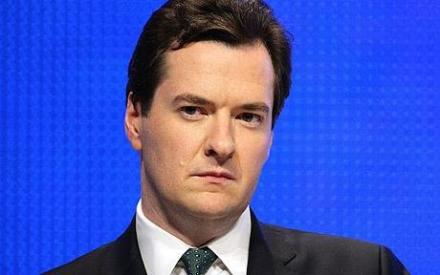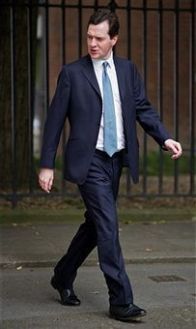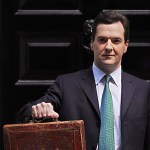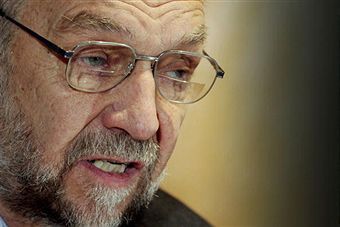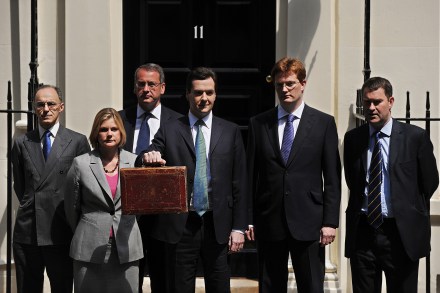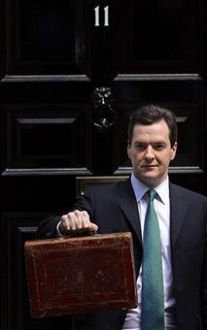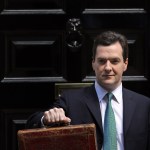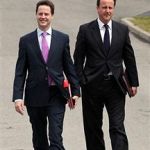Tyrie asserts himself once again
Few MPs have made quite so many waves recenty as last year’s Spectator backbencher of the year, Andrew Tyrie. Under his chairmanship, the Treasury Select Committee seems to have gained a new vitality and edge. And it has certainly accumulated more powers, with the ability to veto the government’s appointments to, and dismissals from, the Office for Budget Responsibility. As he put it himself in an interview with the Independent last week, “The fight back by Parliament is beginning now.” Just how aggressively he intends to prosecute that fight back is suggested by his comments in the Times (£) today. Responding to George Osborne’s recent demands for the banks to



